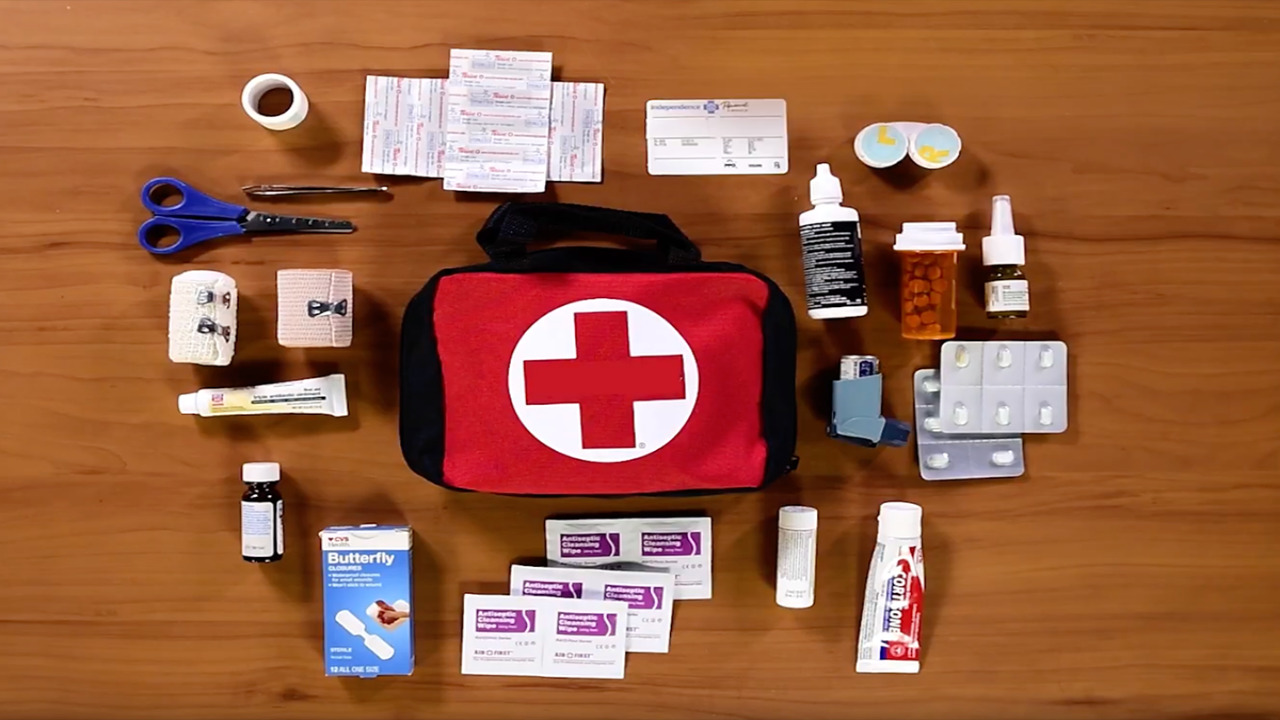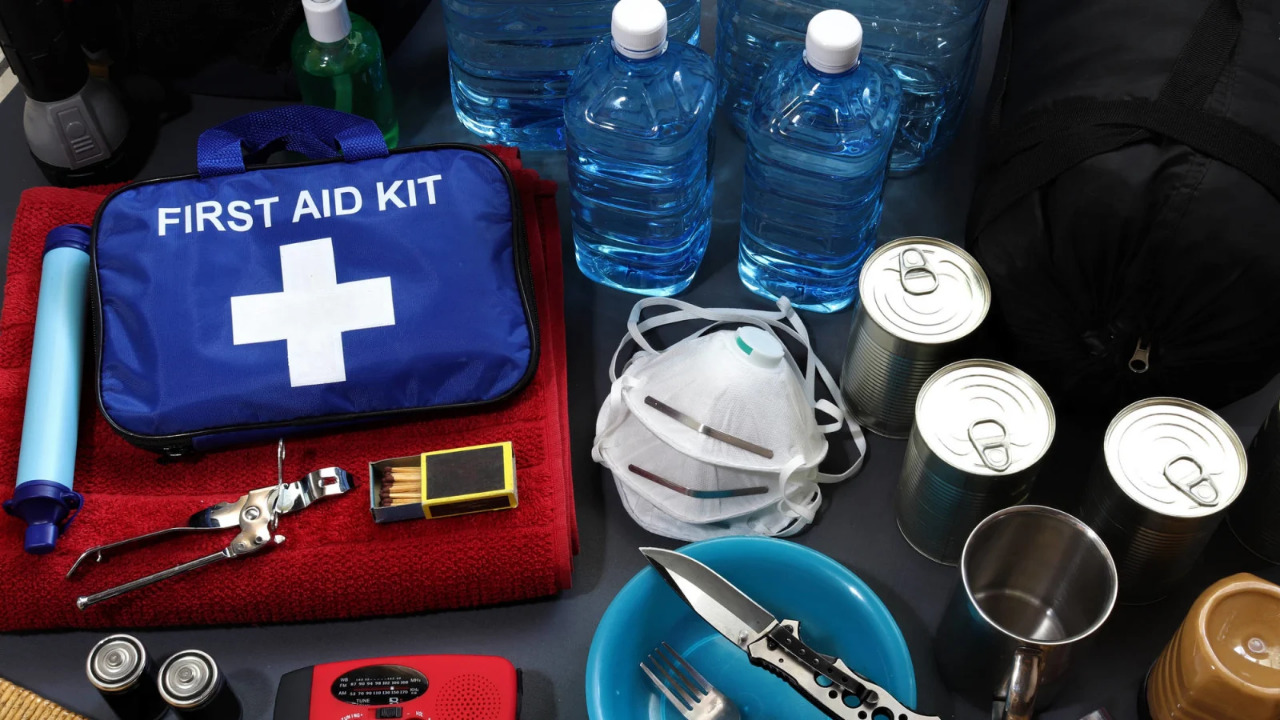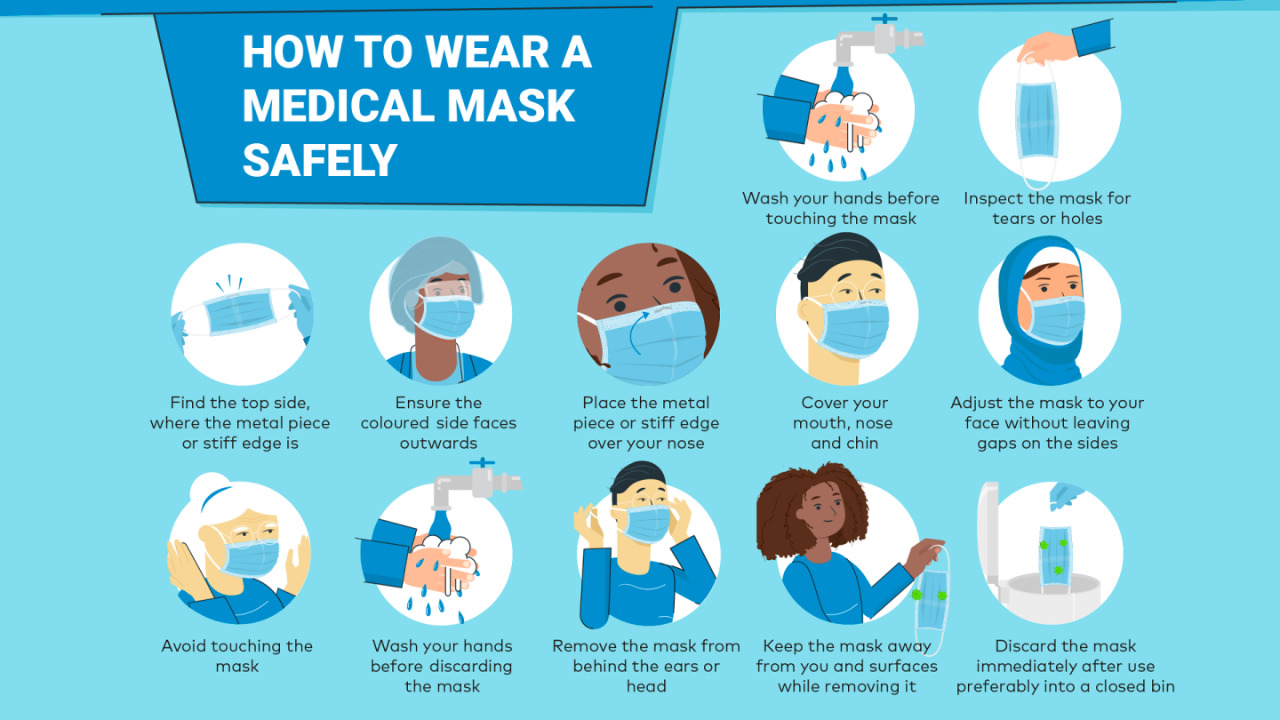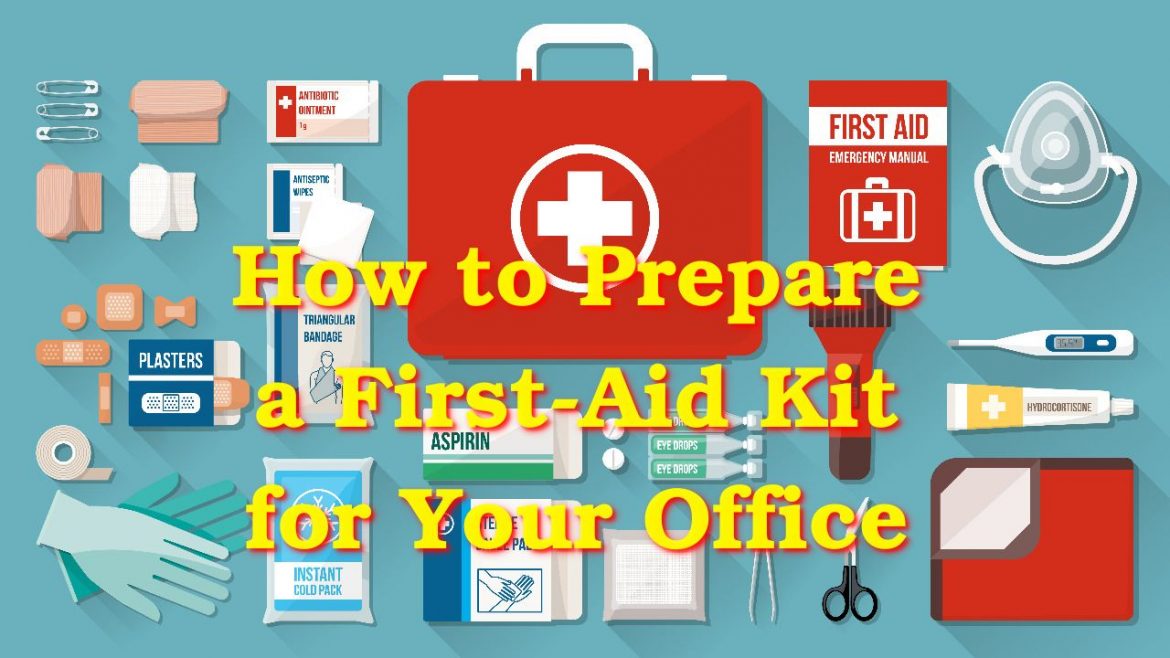How to Prepare a First-Aid Kit for Your Office
The first aid kit is a list of the most necessary medicines and medical products that each of us should be familiar with in case of various unpleasant unpredictable situations: mass epidemics, natural disasters, and military actions. Quarantine is a good time to get acquainted carefully with the possible composition of the emergency first aid kit for different cases. The rather logical conclusion is that each of us can learn to form an alarming first-aid kit – the most necessary of drugs and medical products in case of force majeure situations.
What to Prepare

The coronavirus pandemic has drawn public attention to how unprepared the countries of the world are for such a mass phenomenon. Scientists have noted the efficacy of mass and targeted testing tactics. For example, the FlowFlex rapid test kit allows rapid identification of patients, timely isolation, treatment, and self-isolation of those who have come into contact with the sick. In case of a pandemic, it is important to have a sufficient supply of personal protective equipment: medical masks and respirators, rubber gloves, and protective glasses. It is also important to remember about individual antiseptics, for example, alcohol-containing gel hand antiseptics. As recent experience with the unexpected spread of coronavirus has shown, there is a rush for masks, gloves, and antiseptics in the first days of such infections, so you should have such supplies in advance for the needs of all team members.
Emergency First-Aid Kit in Case of a Pandemic

Medicines for the first-aid kit can be purchased in any pharmacy without a doctor’s prescription, and you can always pick up the optimal amount, dose, and manufacturer of the right products with the help of a pharmacist. Are all Covid-19 tests the same? Ask the pharmacist and choose the one that is best for you. Do not forget to tell the pharmacist what age you are forming the first aid kit, because the dosage forms and drugs for adults or the elderly may be different. The emergency kit in the event of a mass outbreak of infectious diseases is likely to include the following groups of medicines: antipyretics or colds of complex action, well-quenched fever, chills; means for detoxification (sorbents, powder for a drinking solution that restores water-salt balance of the body); antilaxatives; analgesics, anti-inflammatory; sedatives; anti-allergic.
How to Protect Yourself

To protect yourself from possible infection with infectious agents (bacteria, fungus, virus) through dirty hands, contaminated surfaces, and other objects, it is important to ensure that you can wash and clean thoroughly unhindered, using disinfectants such as those based on sodium hypochlorite (chlorine) or chlorhexidine solution. During epidemics the principles of personal hygiene are also required, especially in connection with visits to common toilets and places of mass gathering of people. Here, in addition to antiseptics for treating hands, you will need wet wipes, paper tissues and towels, gloves, and so on.
Look at What You Already Have in Your First-Aid Kit
Before you go to a pharmacy, take a close look at your first-aid kit at work – you may find that you already have a lot of what you need, just check the expiration date. During a quarantine announcement, access to medications may be limited for a time. So if you take a certain medication systematically to treat a chronic condition, you should create at least a minimum insurance stock of “your” medication. Such precautions will save you from having to look for medications at critical times, and will ensure that your treatment will be uninterrupted.

